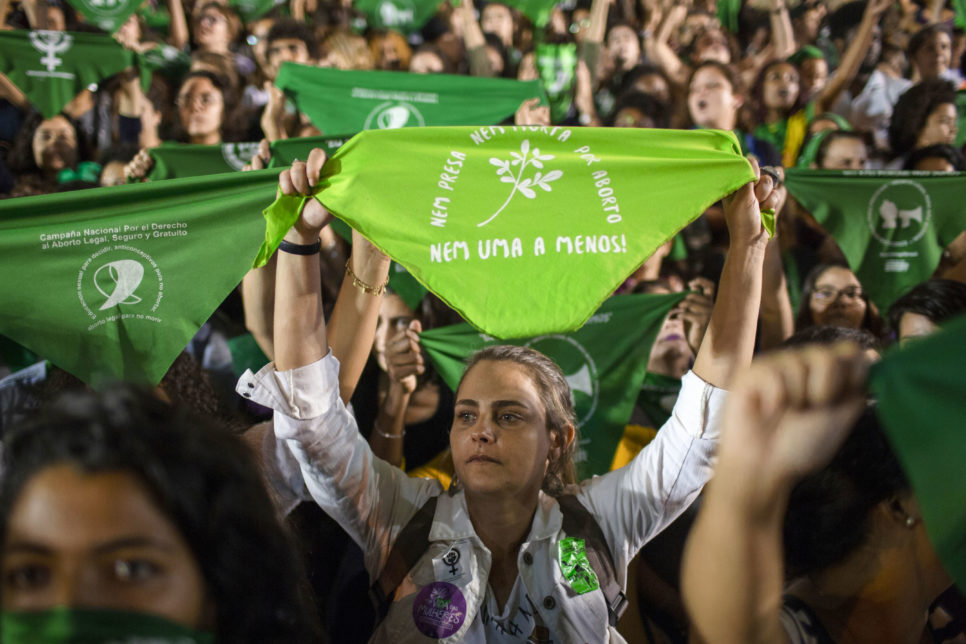Conectas has submitted to the Federal Courts of the Federal District a public civil action on climate against the BNDES (Brazilian Development Bank) and BNDESPar, the investment arm of the bank responsible for managing its shareholdings in various Brazilian companies. This is the first civil action on climate, within the scope of climate litigation, against a national development bank anywhere in the world.
The organization claims that BNDESPar, which is publicly owned, has no rules or protocols in place for assessing the impacts of its investments on the climate crisis – in violation of the commitments assumed by Brazil under the Paris Agreement of 2015 and the country’s own PNMC (National Policy on Climate Change), among other provisions.
The adoption of climate criteria to guarantee a balanced environment should not be optional because the government and State institutions, such as the BNDES and BNDESPar, have the prerogative to support the country in compliance with its international commitments, constitutional guarantees and ordinary laws (among them, the law that established the National Policy on Climate Change – PNMC). In other words, these companies should not be part of the problem; they must be part of the solution. Just as the administrators of BNDESPar are not free to ignore risks and failures in their decisions, reads an excerpt from the case, neither can they ignore climate-related legal standards.
Read more
The case is accompanied by two independent technical opinions. The first, prepared by the Climate Center of Coppe/UFRJ (Center for Integrated Studies on Environment and Climate Change) and coordinated by Professor Emílio Lèbre La Rovere, reveals that at least 65% of the assets held by BNDESPar are in companies that have intensive greenhouse gas emissions. The calculation was made from an analysis of reports published by the companies themselves and was based on a sample of 85% of the investment portfolio of BNDESPar.
The second opinion was penned by Professor Mario Schapiro, of the FGV Direito law school in São Paulo, which claims that BNDESPar has the legal duty to help Brazil achieve the climate targets and obligations established under the Paris Agreement and the PNMC, as well as the indirect duty to facilitate public oversight of its decisions and to improve information governance.
The case makes several requests in the form of urgent injunctions. This means that the organization is asking the Federal Courts to adopt the proposed measures immediately, before the judgment of the merit of the case. These requests can be divided into three major groups: publicly inform, within a period of 30 days, about the adoption of climatic criteria in investment and divestment decisions and about the monitoring of progress on the reduction of emissions by the companies in its portfolio; present, within 90 days, a Plan for the Reduction of Greenhouse Gas Emissions that guarantees alignment by BNDESPar with Brazil’s targets under the Paris Agreement and the rules of the PNMC; and install, within 60 days, a Climate Situation Room to assess the implementation of the Plan for the Reduction of Emissions transparently and with the participation of indigenous peoples, quilombola communities and other traditional groups.
In the second half of 2022, other civil society organizations asked to join the case as amicus curiae: Arayara International Institute (10/17/2022), Collective Rights Institute – IDC (12/08/2022), Climate Observatory (12/08/2022) and Health and Sustainability Institute – ISS (12/09/2022). These requests are still pending analysis in the Federal Courts.
Technical information:
- Case: Public civil action
- Court: Federal Courts of Brasília (Federal District)
- Status: Awaiting trial court judgment
- Procedure: Filed on 06/22/2022.






